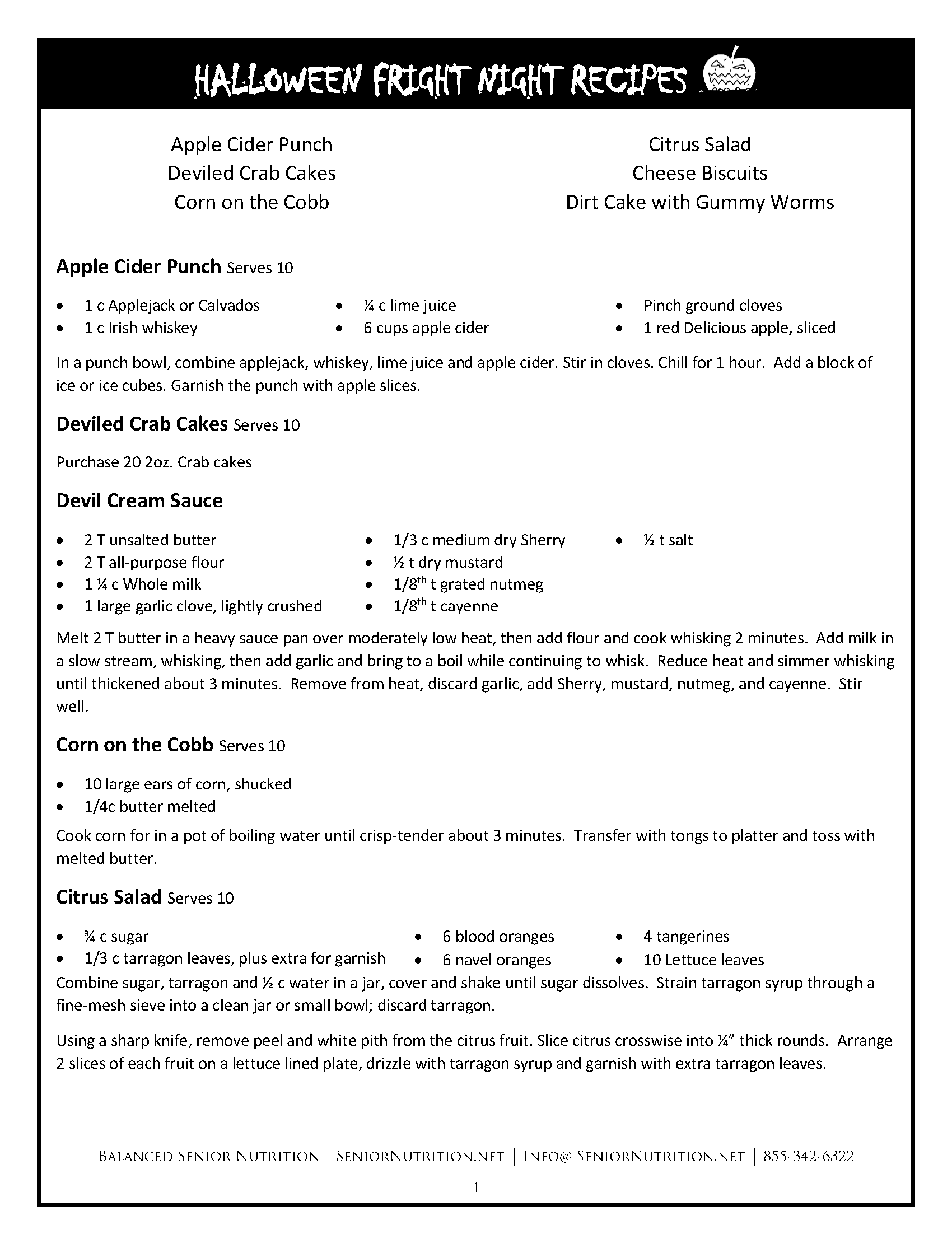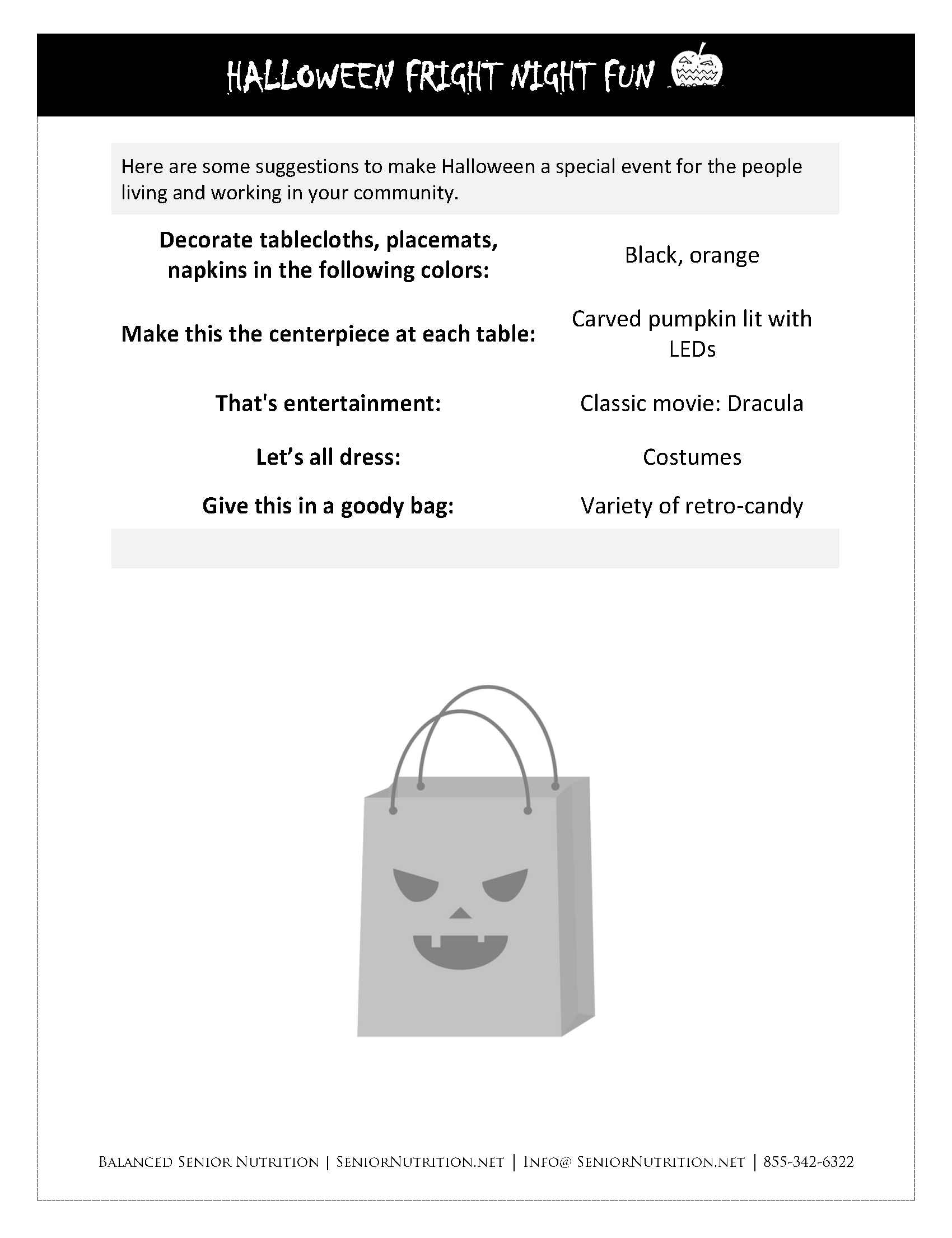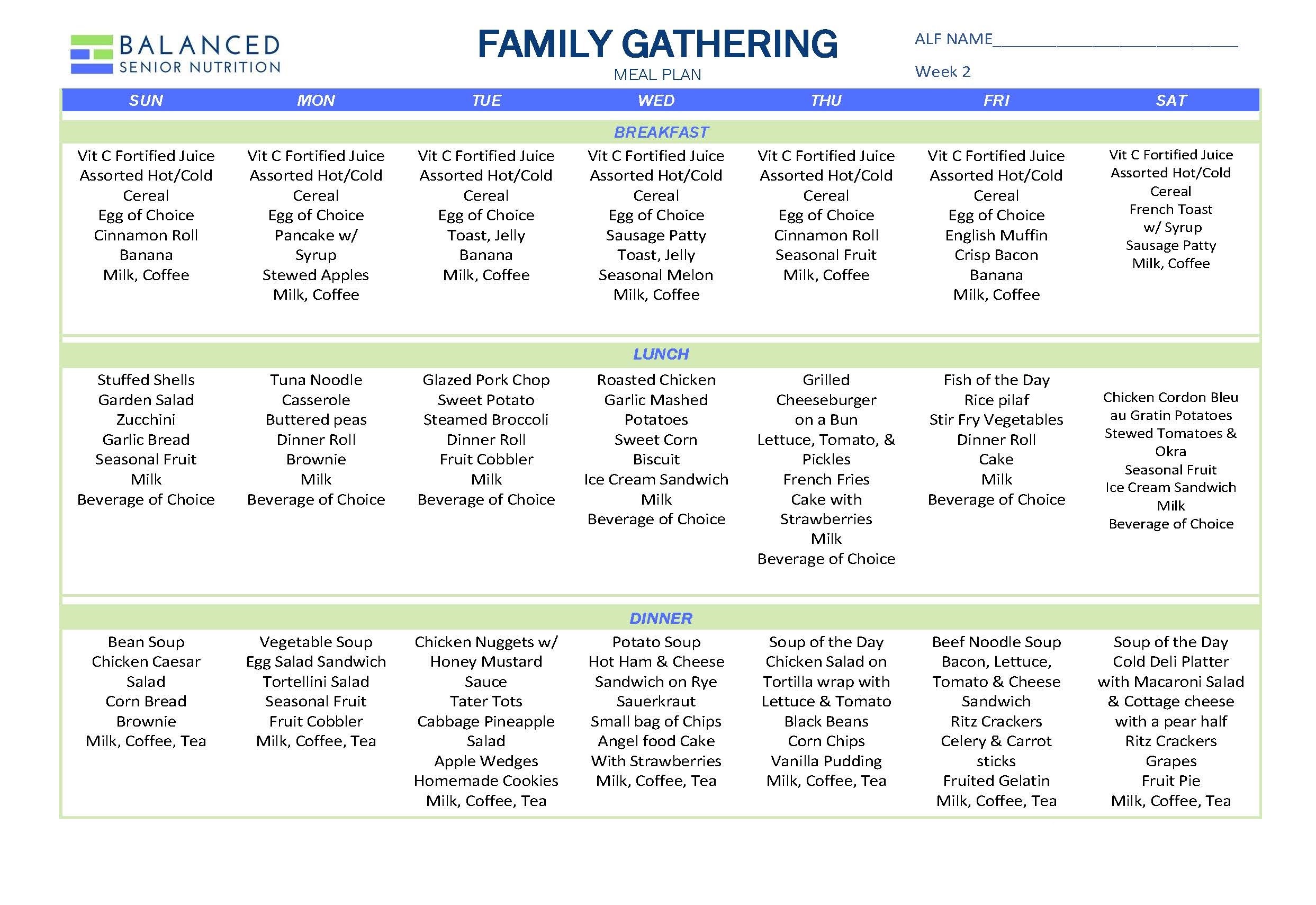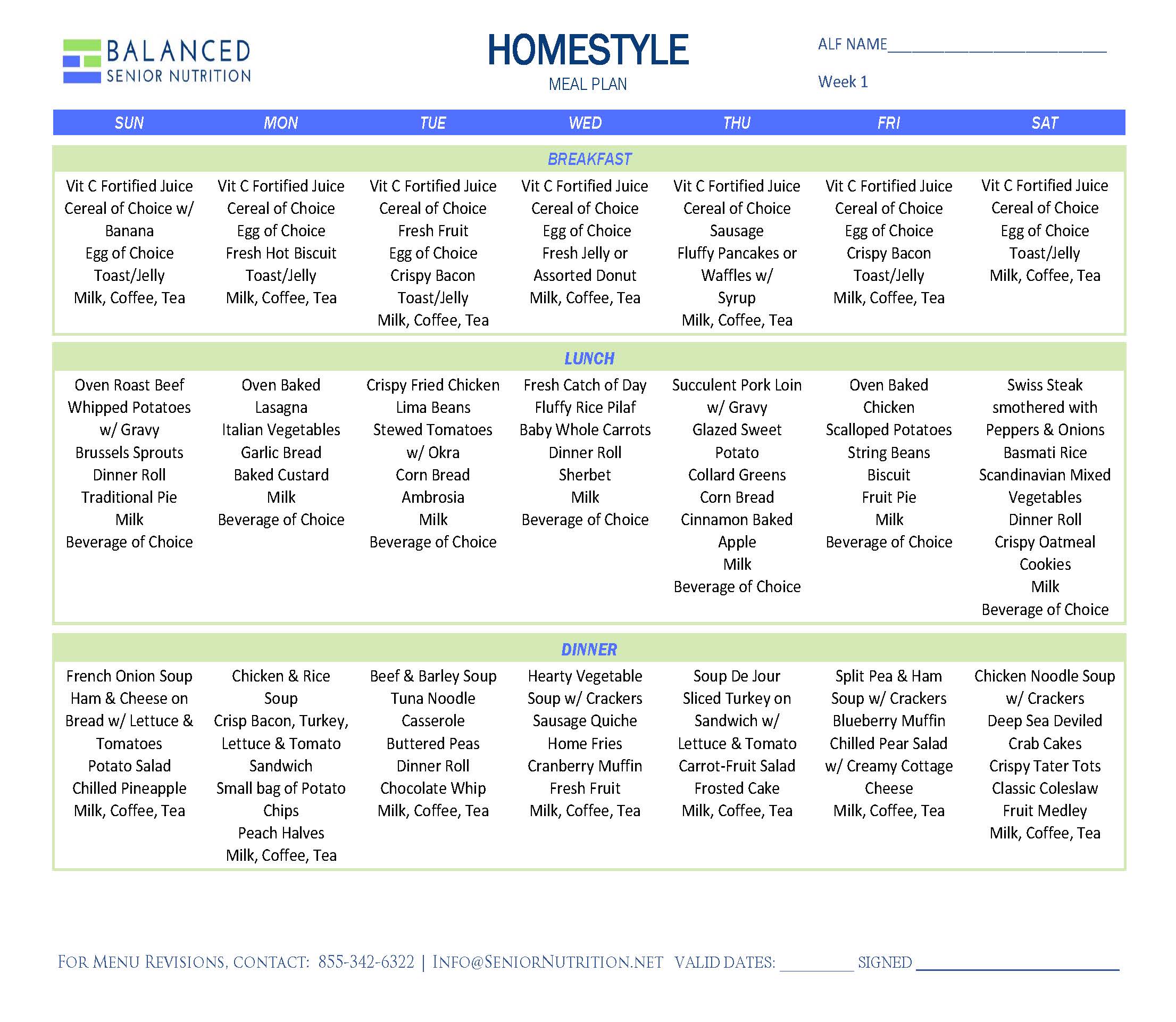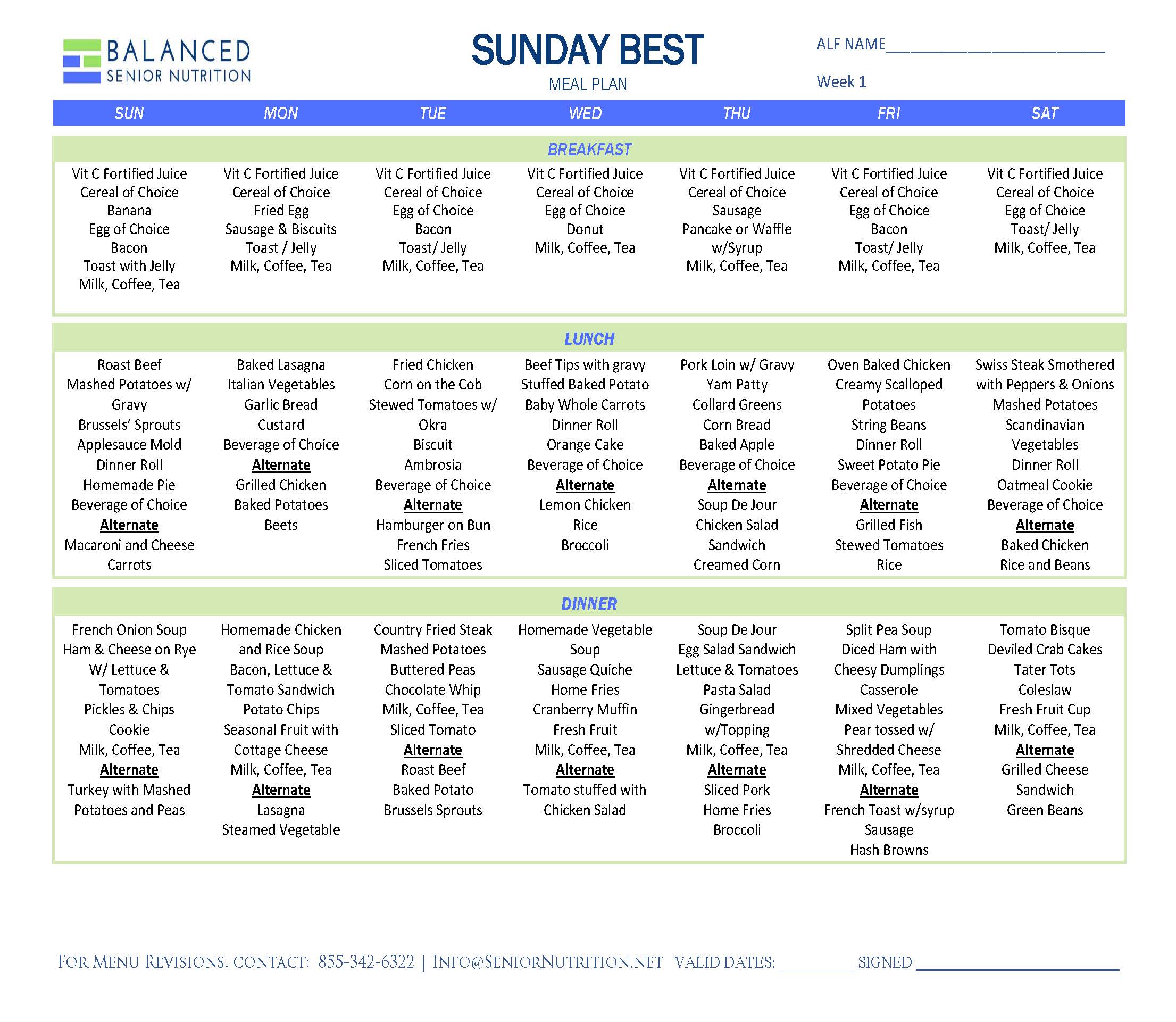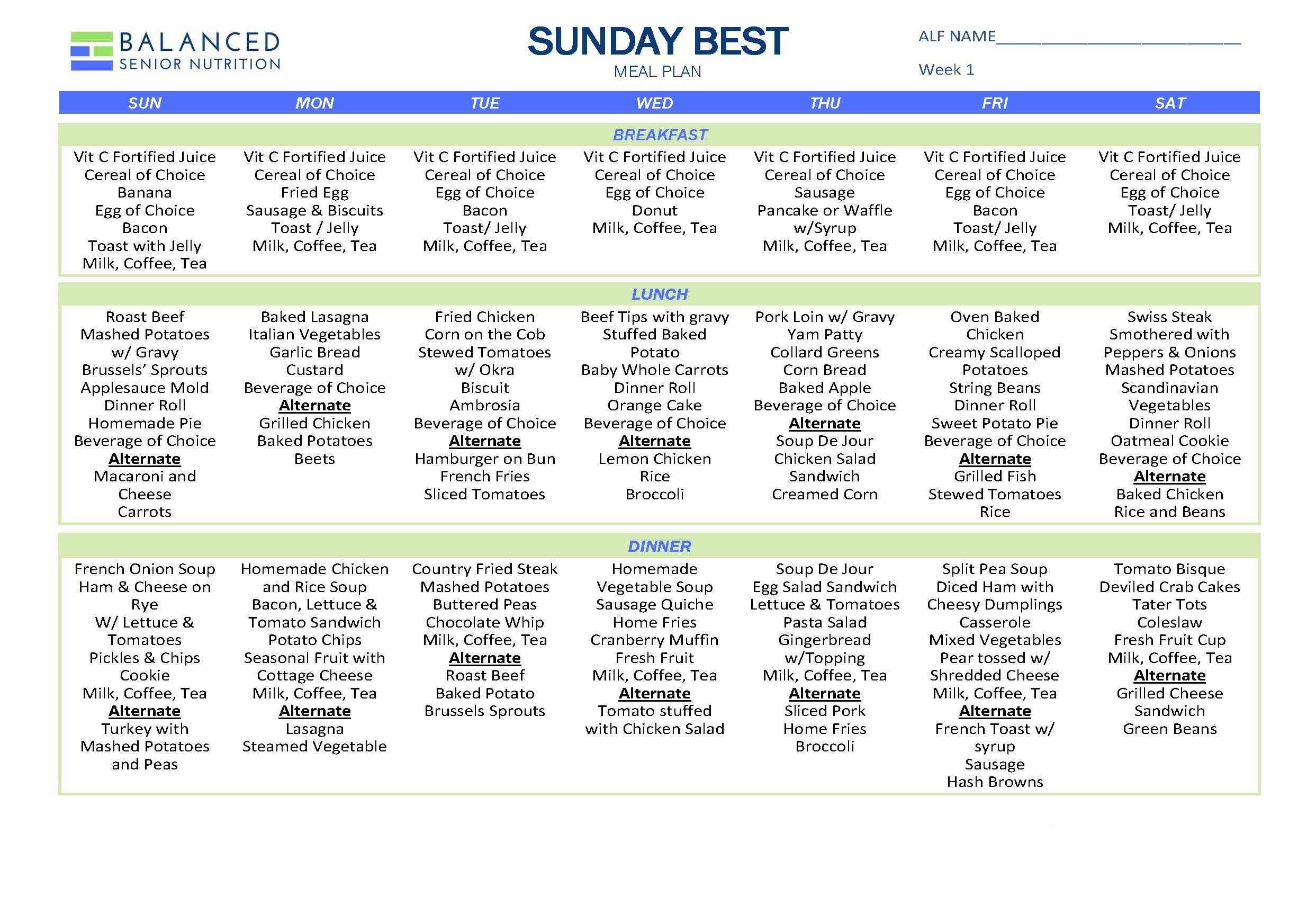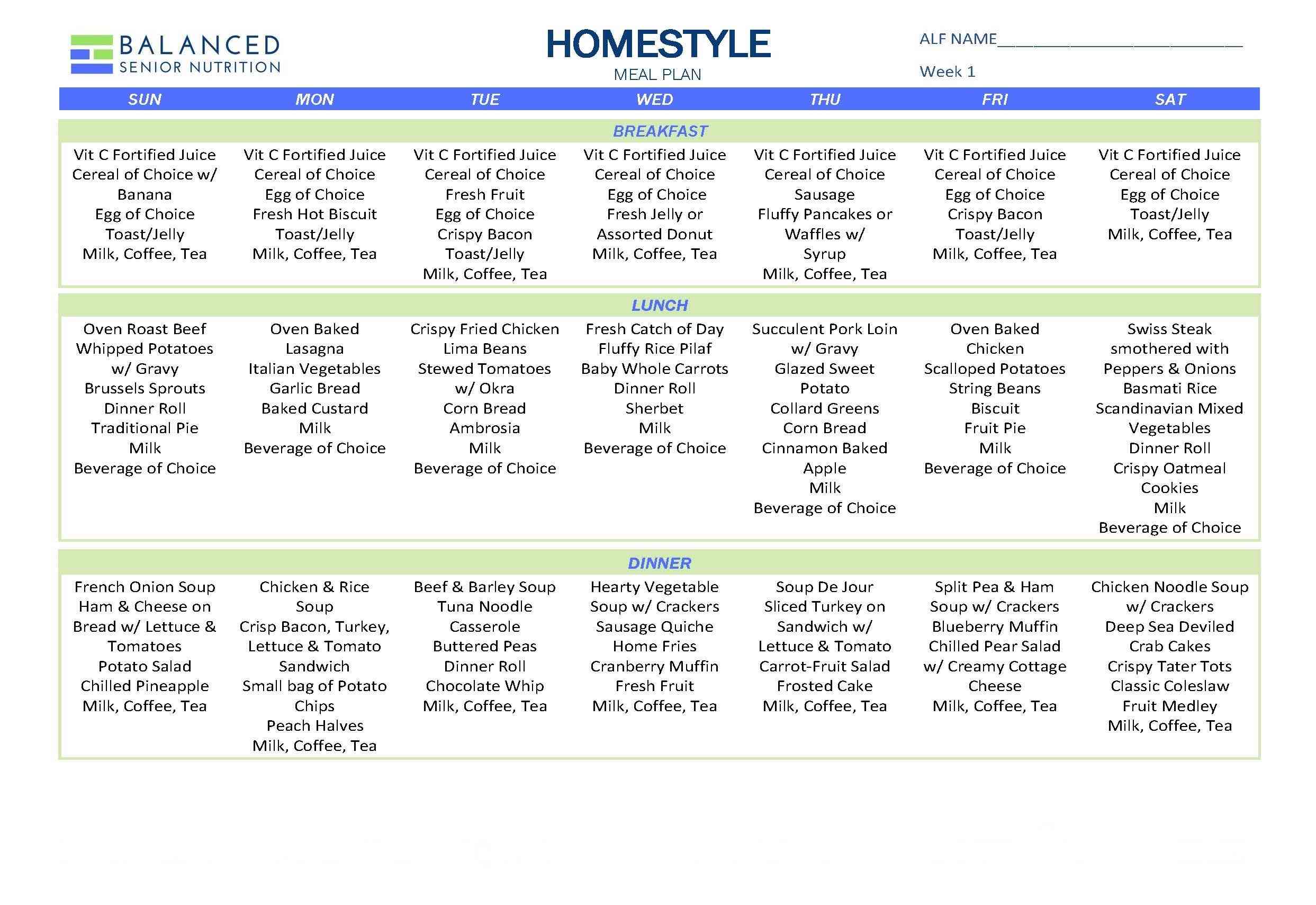Individualizing Restricted Diets: A Physician’s Perspective
The following is a fictionalized account of person-centered care in a typical nursing home environment.
It was Friday afternoon at the community of Pioneer Village. Dr. Mason James, the medical director at the nursing home, was sitting at his desk when he heard his cellphone buzzing. He looked down at the screen, saw who was calling, and frowned. This might be trouble, he thought. He wasn’t expecting a call from Dr. Billingsley.
“Hey. Dave, what can I do for you?” Dr. James said.
“I just got done with Adele Marston’s care plan meeting and I wanted to thank you.”
“Thank me? For what?”
“For sending me the form you give to all new residents describing the philosophy at Pioneer Village regarding diets. The Declaration of Dining Independence is what I believe it was titled. After reading the one you gave my patient, Mrs. Marston, I see now that the federal regulations from Centers of Medicare and Medicaid Services clearly support residents’ rights for making informed decisions about their own diets. Being new to senior care, I was using the old traditional medical model, what I guess you would call institutionalized medicine. I prescribed a low sodium diet for Adele because of her diagnosis of hypertension. I should have asked her what foods she was used to restricting, if any. To be part of my patients’ care plan meeting and listen to their preferences is a much better process than restricting diets based on diagnoses alone. That way we can help come up with ways to serve people the meals and snacks they want, while keeping them as safe and well as possible. That is how I would want things done if I were the patient.”
“I agree, Dave.” Dr. James said. “The Declaration reveals that Pioneer Village truly values the wishes of the people living here. It describes their mandated rights for control and choice over their own lives. However, it also explains how they should understand and accept the responsibility of the consequences from their decisions. We got a whole bunch of baby boomers coming (and you know how independent-thinking most of us are) so we need a document like the Declaration of Dining Independence to make sure residents and staff members understand the resident’s right to make an informed choice about where, when and what they want to eat and how we are going to make it happen.”
“Anyway, the handout was really helpful to understand what “self-directed” dining meant and how this community fully supports it. I would suggest you make this available to all the other physicians working here, and the families. Sometimes it is the families that give us the hardest time, especially when they want us to be restrictive and the patient disagrees. The family’s think the restrictions will help their loved ones to live forever. Thanks again for making sure we’re all on the same page when it comes to our patient’s well-being,” Dr. Billingsley said, hanging up.
As Dr. James did the same, he smiled. He had gotten the same positive reaction regarding the Declaration of Dining Independence from everyone. Many of them had wanted to adapt a more person-centered approach to dining, but had gotten pushback from other members of the team who wanted to keep doing things “the way we’ve always done them.” Now, because the community had put its guidelines regarding informed choice in writing, those advocates for culture change knew that the administration had their backs and would support their efforts to make person-directed dining a reality. Isn’t it time to put in writing and communicate with everyone what the philosophy for ‘dining independence” is at your community?
To help your community inform its residents about their right to make an informed choice, we would like to offer a FREE copy of The Declaration of Dining Independence. This document is part of the handouts and forms created for our manual, “The Inside Scoop on Informed Choice: A Step-By-Step Guide for Individualizing Diets” to make it easier to create self-directed care plans based on the right to make an informed choice.


